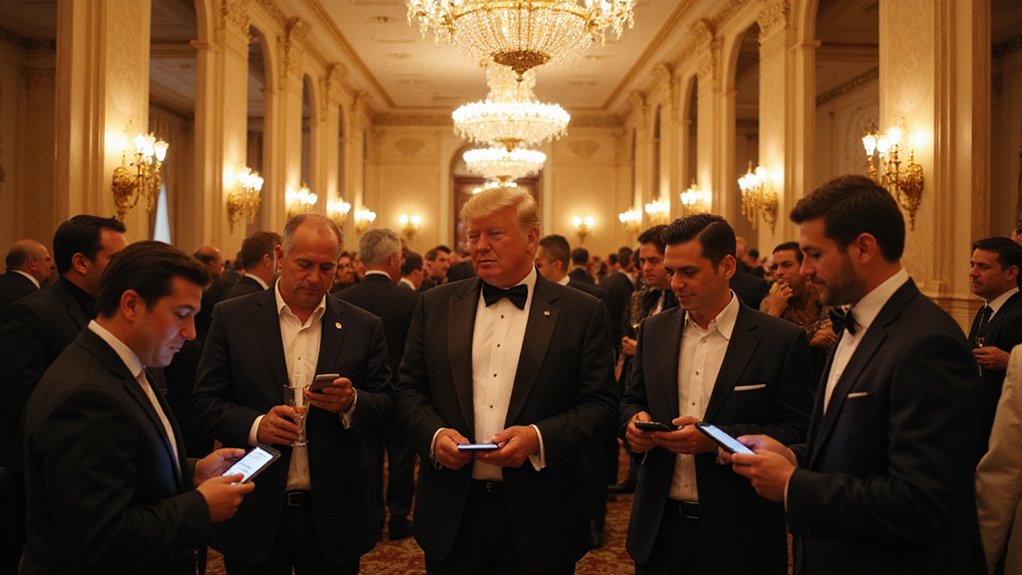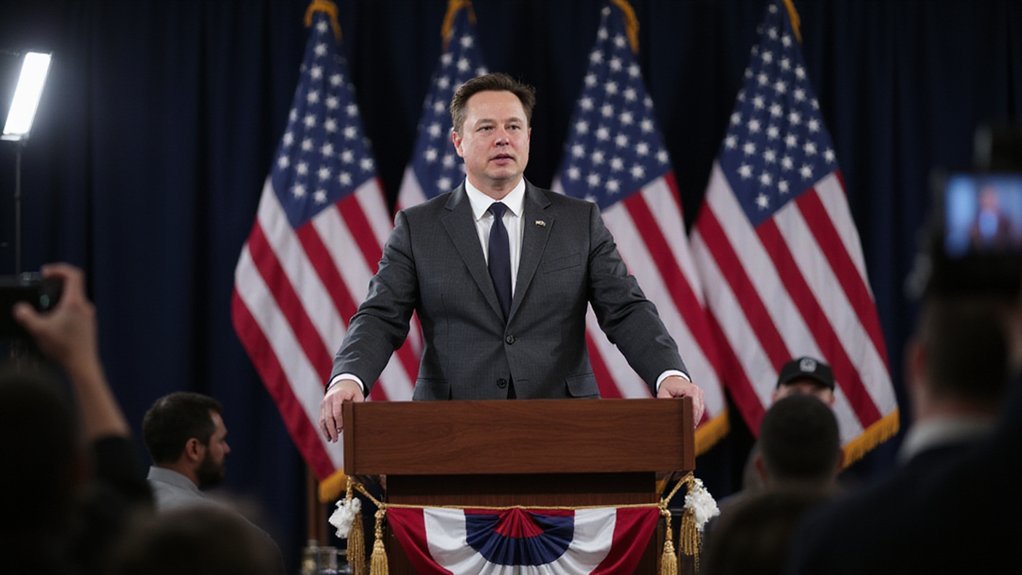In an era where digital communication increasingly flows through the servers of tech giants who monetize every keystroke, Jack Dorsey’s latest venture represents a fascinating pivot toward radical decentralization. Bitchat operates as a decentralized peer-to-peer messaging application that functions entirely over Bluetooth Low Energy mesh networks, eliminating the need for internet connectivity, servers, phone numbers, or email addresses—a design philosophy that would make traditional telecom executives break out in cold sweats.
The application’s technical architecture reveals sophisticated engineering beneath its deceptively simple premise. Messages traverse a Bluetooth mesh network with a 30-meter range between devices, utilizing multi-hop relaying where each device functions as both client and peripheral. The system fragments communications into 500-byte chunks for transmission efficiency while employing X25519 cryptographic techniques for secure key exchange and AES-256-GCM encryption for message protection.
Group chats (dubbed “rooms”) incorporate password protection with Argon2id key derivation, defending against brute-force attacks with the tenacity of a Swiss banker protecting numbered accounts. Privacy features extend beyond conventional end-to-end encryption. Messages remain ephemeral, residing only in device memory before disappearing after delivery or predetermined expiration—a digital equivalent of Mission: Impossible’s self-destructing tapes, though considerably more practical.
The absence of centralized storage eliminates traditional data breach vulnerabilities while the store-and-forward system guarantees message delivery despite intermittent connectivity. The use cases reveal Bitchat’s strategic positioning within communication infrastructure gaps. The application excels in censorship-heavy environments where internet access faces restrictions, natural disasters where conventional infrastructure fails, and offline group communications at events or protests.
Remote areas with limited infrastructure benefit from mesh networking’s resilience, while privacy-conscious users escape big tech’s data harvesting apparatus. This shift toward decentralized communication mirrors broader movements in financial technology, where platforms like World Liberty Financial challenge traditional banking with decentralized alternatives that prioritize user control over institutional gatekeepers. Launched on July 7, 2025, the application marks Dorsey’s continued commitment to decentralized communication tools. User experience emphasizes simplicity through room-based chats with hashtag group names and optional password protection. The seamless automatic message relaying requires no user intervention, creating a communication network that operates independently of traditional infrastructure. The platform incorporates an IRC style interface that facilitates intuitive user interactions within the decentralized messaging environment.
Whether this represents genuine innovation or elaborate Silicon Valley theater remains to be seen, though the technical specifications suggest serious intent behind the revolutionary rhetoric.






